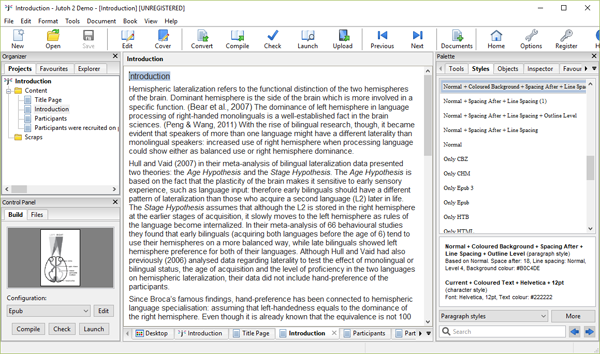

Built-in authoring functionality allows your organization to literally remain on the right side of the law. Host-country regulations can sometimes change overnight, especially in the developing world. It can be increasingly helpful for multinational nonprofits.

Your built-in tool will let you do this effectively.
#COST OF JUTOH AUTHORING SOFTWARE UPDATE#
With every new set of trainees, you have to update necessary data to bridge knowledge and skill gaps.

The nature of NGOs-especially seasonal volunteers-means you’re often under a time crunch. They enable you to produce content much faster, saving both time and money. (Rapid) authoring tools are loaded with shortcuts and templates. This means that your volunteers connect with the content on a deeper level and get more from their training experience. For example, you can develop personalized training resources that align with societal norms and beliefs. Built-in authoring tools allow you to do this without having to buy a separate authoring tool. By designing your own courses rather than buying pre-built solutions, you often have more autonomy and customization. But training is also a big part of LMS functionality. Volunteers can use it to select their preferred activities, and donors can forward their contributions. It can track NGO assets, like vehicles and gadgets, and assign daily tasks. Use A Single ToolĪn LMS can be used to administer organizational functions. Let’s look at some of the benefits an LMS for nonprofits with built-in authoring can bring to your organization. That said, having your authoring tool included in your training software can still save time and money, which is music to the ears of your NGO’s accounting (and L&D) department. In reality, the built-in cost is usually built into the price tag. The term "built-in" generally indicates multiple functionalities and implies a two-for-one. 6 Benefits Of LMS With Built-In Authoring


 0 kommentar(er)
0 kommentar(er)
